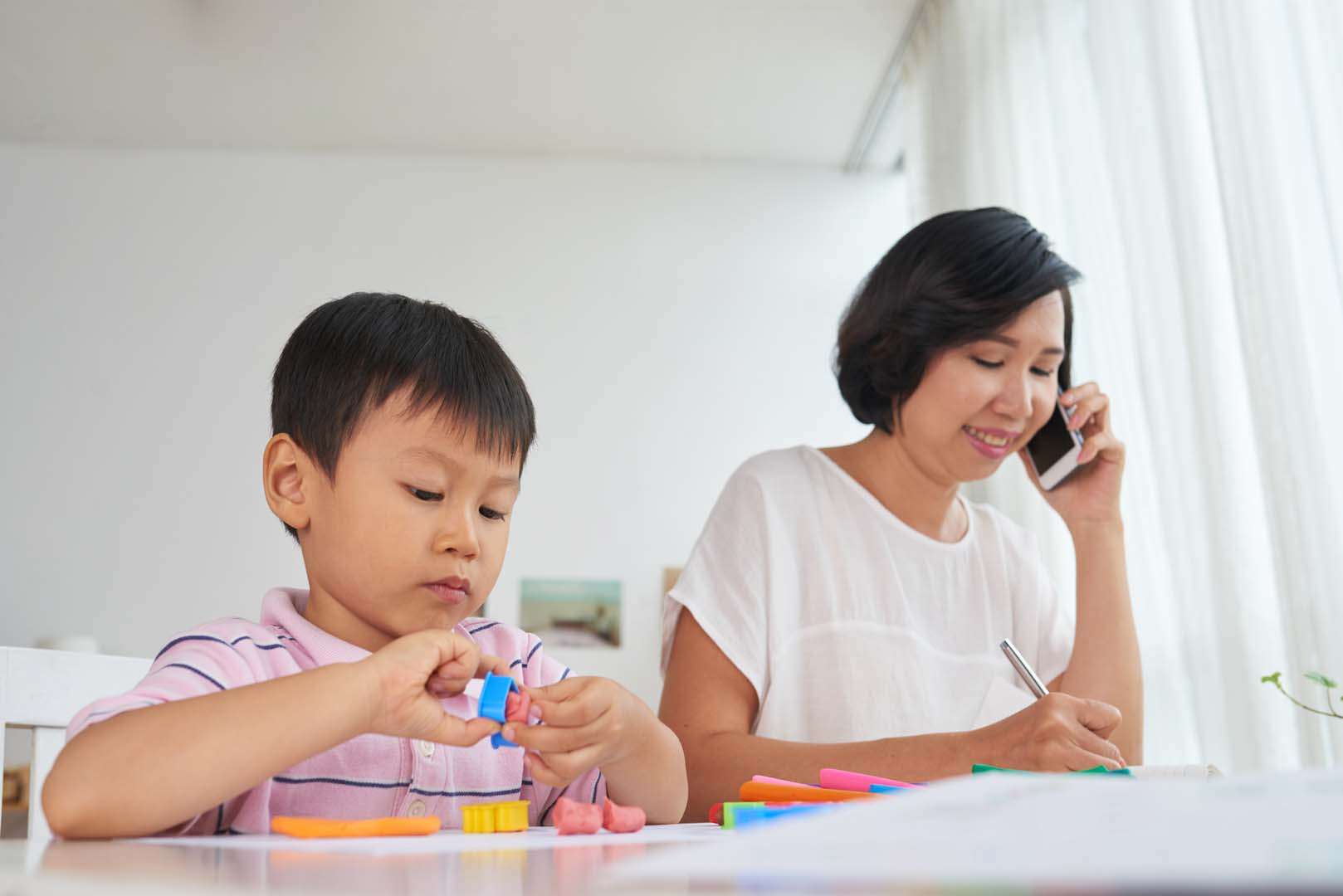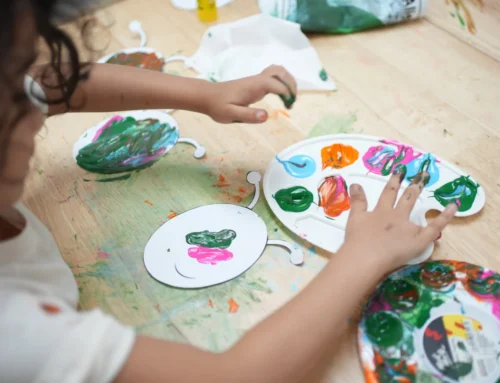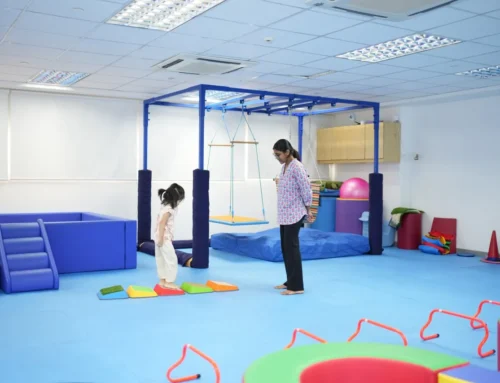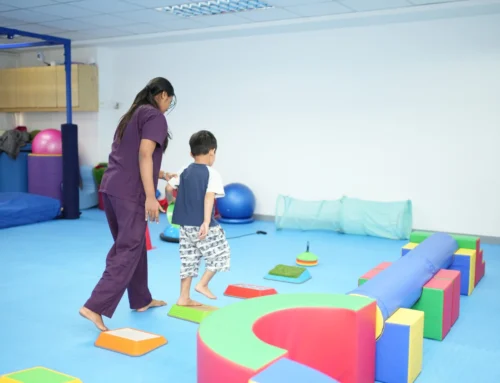Helping a child move from relying on adults to managing daily tasks is a journey—and it starts at home. Transitioning from Dependence to Independence doesn’t mean doing everything at once; it means building small routines that grow confidence, problem-solving, and self-advocacy. At OrbRom Center, our team supports families in Phnom Penh with structured strategies and practical tools that work in real life.
Start with one meaningful routine
Pick a daily moment—getting dressed, packing a bag, or setting the table—and make it predictable. Use a simple 3–4 step visual or checklist. Consistency reduces anxiety and boosts follow-through. For ideas on tailoring supports to your child, see why individualized support is key and how one-on-one teaching builds focus.
Break tasks into teachable chunks
Independence grows when tasks feel achievable. Model once, do it together, then step back. If a step is too hard, shrink it: “open toothpaste” before “brush for two minutes.” This “least-to-most” prompting approach helps skills stick without dependence on adults. At home, you can add structure with a sensory-friendly environment and clear “first-then” cues.
Make the environment do the heavy lifting
Place items where your child can succeed: a low hook for a backpack, color-coded drawers, a timer near the toothbrush, labels with pictures. The right environment reduces verbal nagging and increases self-initiation. Daily rhythms matter—here’s how the power of routine supports steady progress.
Use natural motivators and celebrate effort
Praise the process (“You started on your own!”) not only the result. Tie independence to meaningful rewards: extra story time, choosing a game, or walking the dog together. Keep cues the same across home and school to avoid mixed signals; this is where a simple home-school log can be powerful.
When to bring in professional help
If progress stalls, a targeted plan can save time and frustration. OrbRom’s Occupational Therapy builds functional skills like dressing, feeding, writing readiness, and sensory regulation—core foundations for independence. Our multidisciplinary team can also provide formal Assessments to map strengths, identify barriers (motor, sensory, attention, language), and prioritize the next steps families can use right away.
Keep parents in the driver’s seat
Your role is to set the routine, scaffold the task, and fade help strategically. That’s why we coach caregivers with take-home tools, 2–3 measurable goals per month, and simple trackers. For additional home strategies, explore these practical tips on supporting your child at home.
Bottom line: Transitioning from Dependence to Independence is a series of small wins. With clear routines, smart environmental supports, and (when needed) targeted therapy, children build real-world skills that last—at home, at school, and in the community.
We are the only Preschool specialized on children with special needs in PhnomPenh.
- Internationally qualified teachers
- Cambodia’s largest sensory room
- Outdoor swimming pool
- Covered outdoor playground
📞 Phone: 077.455.993
Telegram Link: https://t.me/OrbRom





